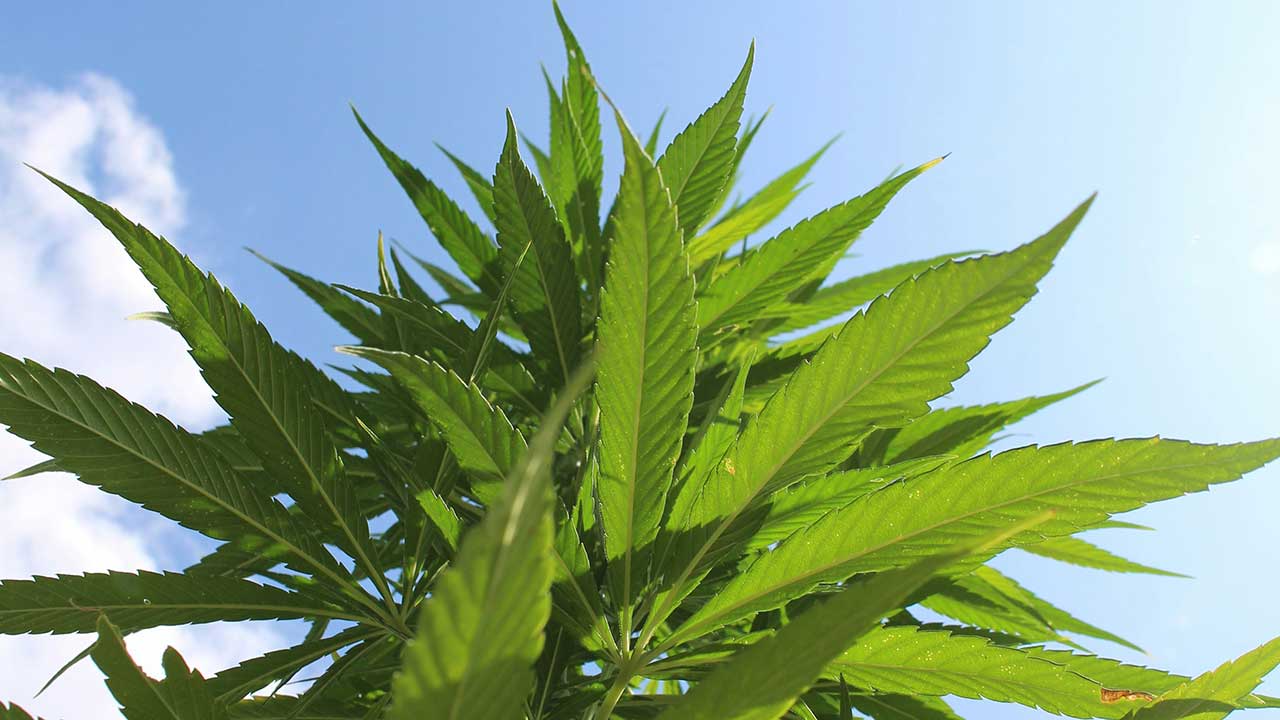New Senate Bill and the Future of the Hemp Industry
Summarize

The U.S. Senate passed a continuing resolution (CR) to reopen the government, while also passing three appropriations bills. One of the pieces of legislation is the agricultural appropriations bill, which revises the 2018 Farm Bill language that legalized hemp products with less than 0.3% THC. The new bill would essentially destroy the cannabis industry, including the hemp agricultural and CBD retail industry.
The new agricultural bill includes three significant changes.
- The 0.3% THC per dry weight limitation is applied to all forms of THC and any other cannabinoids in cannabis sativa that have a similar effect. Cannabis sativa plants meeting this requirement would be nearly impossible to grow.
- Hemp-derived cannabinoid products are banned for sale to consumers or intermediaries.
- All chemically synthesized or non-natural cannabinoids are banned for sale.
Cannabis sativa plants produce both marijuana and CBD. These three provisions would effectively shut down the entire cannabis industry, both the marijuana and CBD segments.
How We Got to This Point
Congress classified “marihuana” as a Schedule I drug in the Controlled Substances Act of 1970, encompassing nearly all parts of the plant. Only mature stalks, fiber, and sterilized seeds, materials with small amounts of THC, were exempt, meaning non-intoxicating hemp was treated the same as marijuana. This effectively banned hemp cultivation without a DEA license.
The 2018 Farm Bill changed that by legalizing hemp. Hemp is a type of cannabis plant developed to contain no more than 0.3 percent delta-9 THC by dry weight. Supported by Kentucky Senators Mitch McConnell and Rand Paul, the reform revitalized hemp agriculture and commerce.
However, the rise of hemp-derived products, especially cannabidiol (CBD), created new regulatory confusion. Although CBD is non-intoxicating, the FDA forbids its addition to food or sale as a dietary supplement. Yet, enforcement has been inconsistent, leaving an unregulated market that has led to many low-quality products being sold.
An even greater challenge developed with the production of delta-8 THC, a mildly psychoactive compound synthesized from CBD. A national survey found 7.7 percent of U.S. adults have tried delta-8, with higher use in states where marijuana remains illegal.
Between 2020 and 2023, the market for intoxicating hemp-derived cannabinoids increased from $200 million to $2.8 billion, with delta-8 accounting for $1.2 billion—44 percent of total sales. These products are now sold widely, from dispensaries to gas stations, often as gummies, vapes, or edibles. They are presented as legal cannabis but at lower prices.
The “Hemp Loophole”
The “hemp loophole” is the result of the language in the 2018 Farm Bill. It defines THC concentration by dry weight and not by the total THC amount in a product. For example, a 5-gram CBD gummy may meet the law requiring a limit of 0.3% THC by weight. However, it may contain 15 mg of total THC.
The same applies to drinks and other products, allowing manufacturers to produce intoxicating edibles that technically comply with federal law. Congress intended the THC limit for plants in the field, not consumer goods. The unclear language in the law created a booming market of psychoactive products, many labeled as CBD products.
In response, several states have enacted restrictions or bans on intoxicating synthetic hemp compounds like delta-8 and delta-10 THC. Congress is moving to close the hemp loophole entirely. New language in the agriculture appropriations bill would apply the 0.3% THC limit to all psychoactive cannabinoids and prohibit chemically synthesized compounds and consumer hemp-derived THC products.
Even McConnell, who once championed hemp, supports this change. Senators Rand Paul and Jeff Merkley opposed the amendment, warning it would devastate the hemp industry and cost hundreds of thousands of jobs. They argued that states already regulate these products effectively and that federal overreach is unnecessary.
Destroying an Industry
With 70 percent of Americans supporting cannabis legalization, opponents of the bill argue Congress is out of step with public sentiment. According to Senator Rand Paul,
“The bill, as it now stands, overrides the regulatory frameworks of several states, cancels the collective decisions of hemp consumers, and destroys the livelihoods of hemp farmers.”
Senator Jeff Merkley said this bill “would wipe out an industry that we have spent more than a decade creating.”
If this new version of the agricultural bill is passed in Congress, millions of people who rely on CBD products for wellness will no longer be able to find relief. It makes sense to ban synthetic THC, but destroying an entire thriving industry offering safe products that so many rely on today does not.
Share this post


0